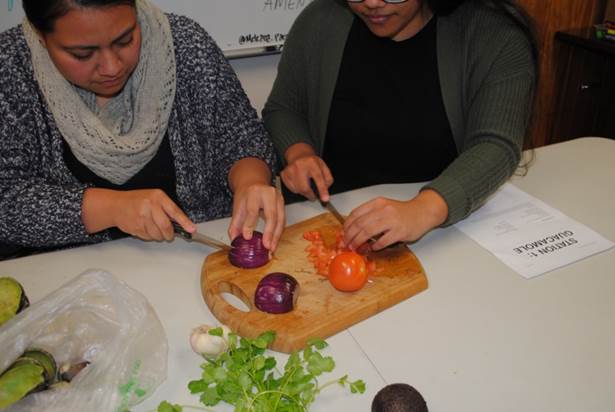Pasifika youth leading the way
16 October 2018
Pasifika populations have higher rates of obesity and prediabetes than other groups, and about 13.5% of young Pasifika people are affected by prediabetes, compared to 7% for New Zealand Europeans.
“If you love yourself and you love the people around you, especially our Pasifika community, then you know what to do; you need to make a change. And this programme is definitely the way to do it.”
Those are the words of Karl Moresi, a participant in the pilot for the Pasifika Prediabetes Youth Empowerment Programme (PPYEP)*, which is funded by the Long-Term Conditions partnership, and aimed at addressing the high rates of obesity and prediabetes in young Pasifika people.

The PPYEP study – a scaled-up version of a successful pilot study that ended last year – uses a community-led approach, rather than the ‘top down’ approach of some past interventions.
The community in this case is young Pasifika people aged between 15 and 24, from two large Pasifika populations, one rural community in South Waikato and one urban, in West Auckland.
The young people work with facilitators and are empowered to act as leaders and health advocates in their wider communities, to spread a message of health and develop preventative action plans for larger groups.
The idea is that once young people are armed with health knowledge, they can decide how best to take that knowledge back to their communities where it can have an impact on the health of others.
The study, which is planned to be disseminated in mid-late 2019 with face-to-face knowledge transfer and journal publications in 2020, also involves a mental health module, and one around digital narratives or talanoa, where young people look at the obesogenic environment and talk about how that has an impact on their lifestyle through videos recorded on their smartphones.
The study has had a steady maintenance of youth attending approximately 80% of the weekly sessions for the last five months and enthusiastic participation and co-design of the community interventions, which they will be leading.
Read the full article at Empowering youth for a healthier Pasifika generation
*The PPYEP study is jointly funded by the Healthier Lives National Science Challenge, the Ministry of Health, and the Health Research Council of New Zealand (HRC) as part of the Long-Term Conditions Partnership.


